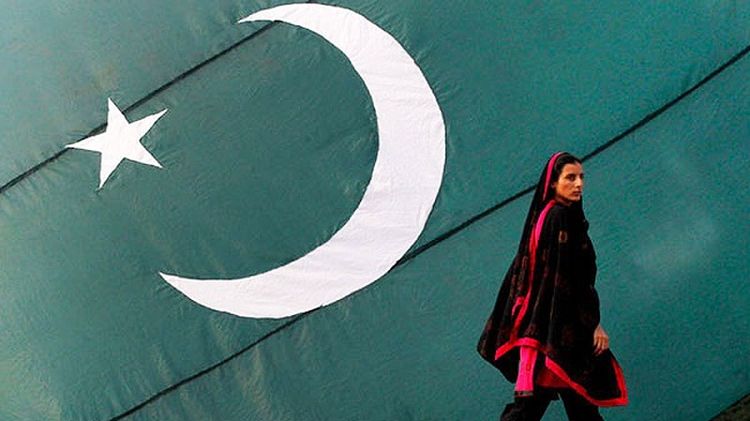After the launch of Punjab’s Gender Management Information System (GMIS) in March 2016, plans are being made to launch similar programs in the other three provinces.
Details about the Gender Management Information System (GMIS)
The GMIS is a searchable database for getting detailed information about parity status between men and women. The data can be broken down into demographics, education, economic participation and opportunities, governance, health, legal rights and violence against women.
To ease the needs of researchers, social scientists and NGOs, the results can be viewed as analytical charts, graphs and maps.
“Various institutions have begun data collection on new indicators and the creative collaboration for data sharing is a positive spinoff of the project.” – Fauzia Viqar, Chairperson Punjab Commission on the Status of Women (PCSW)
She adds that the largest province after Punjab, Sindh, already has a commission on the status of women in the province.
Data collection will be a continuous process and all the data will be constantly updated on the GMIS. A gender parity report detailing the trends will also be published every year. The first report was released this June.
About the Punjab Commission on the Status of Women (PCSW)
The PCSW is a statutory body which collects and maintains data relating to women and gender issues. It established the GMIS initially and supported it financially until the Punjab government took over the project.
Chairperson PCSW says that the biggest hurdle is the non-availability of data, especially the one separated by gender. The commission says that finding consistent, reliable and correct representative data from all 36 districts of Punjab is very difficult.
“It was either not obtained, not collated or, not provided when requested.” – Abdur Razzaq, Head of the team at Urban Unit Punjab
Findings of the First GMIS Report
The first GMIS report confirms insufficient participation of women in the workforce. The difference is even greater for the decision making roles, where women contribute even lesser.
The report also suggested redundancy in the legal aid bodies and some other support systems, increasing conviction rates for crimes against women and a gap in wages for women.
The data published in the report will be highly useful to report on international forums like The Convention on the Elimination of all Forms of Discrimination Against Women, Sustainable Development Goals etc.
Razzaq is of the view that the database will help planners in preparing gender-responsive budgets. Gender specific projects and regulations will also become far easier.
Hameeda Waheed uddin, Minister for the Women Development Department, says that even during the data collection process for the GMIS, it was clearly visible that many projects for women advancement were never really implemented at the grass-root level.

























